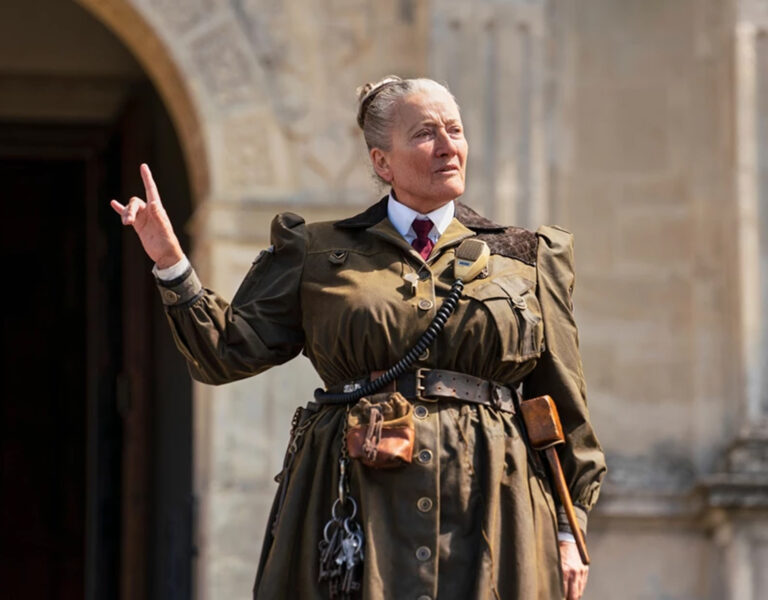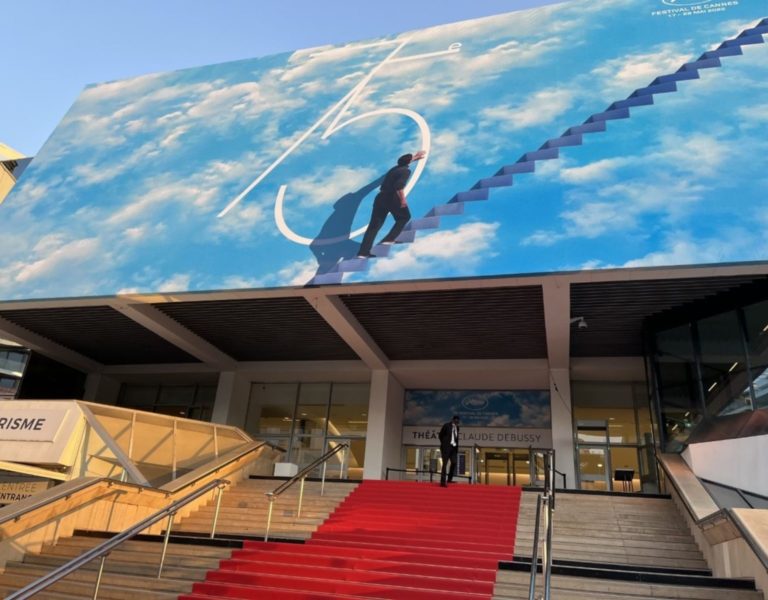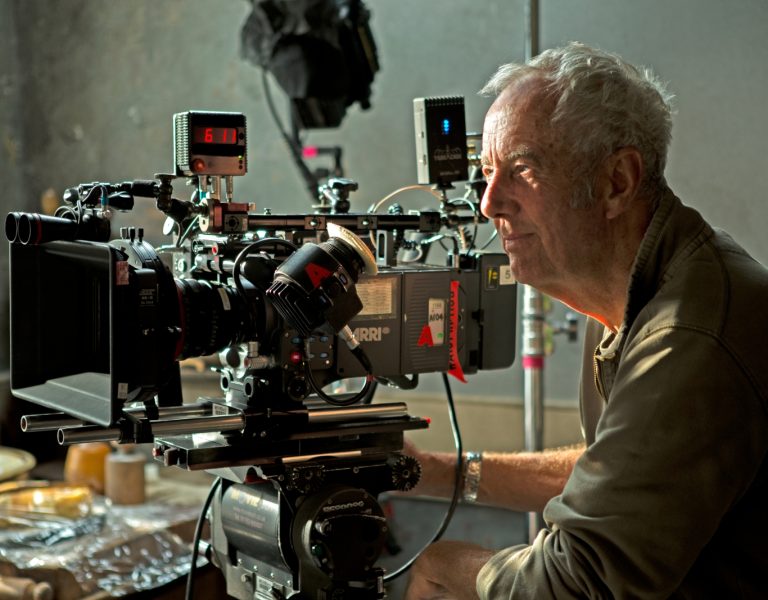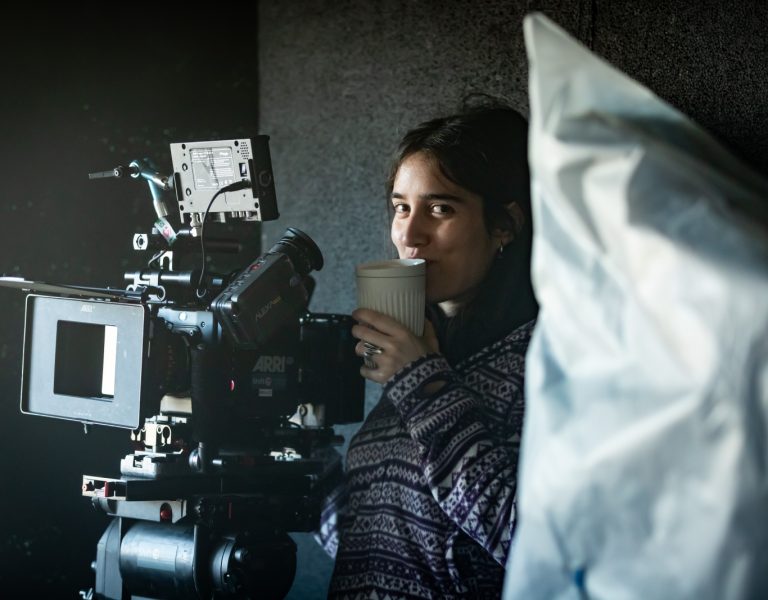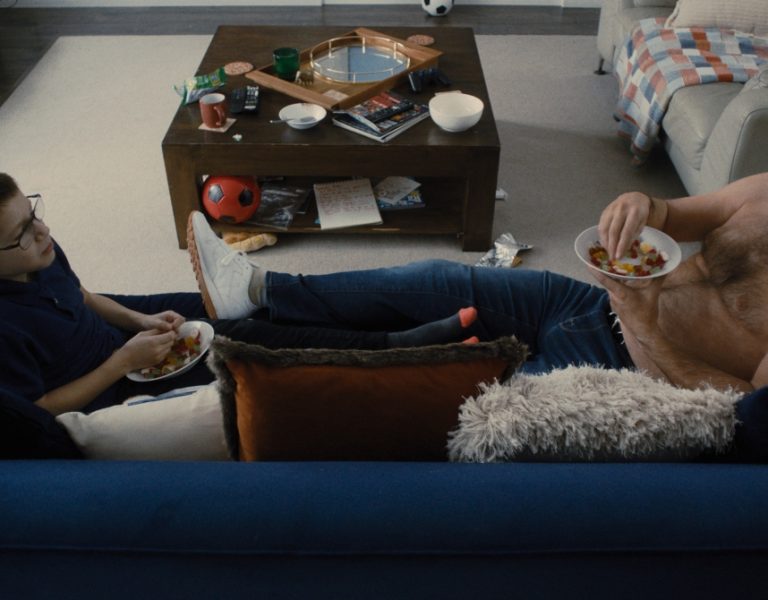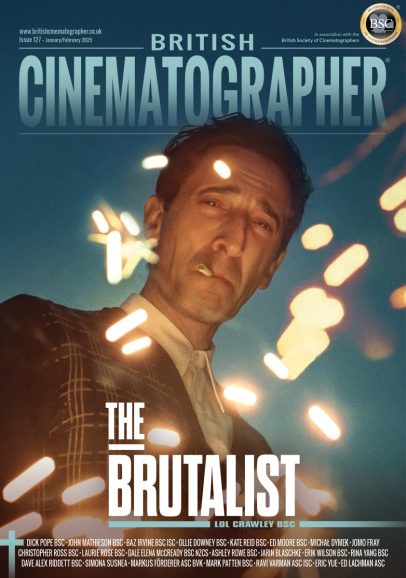Bridging the gap
Part of the Mayor’s Academies Programme, the West London Film and Television Skills Hub aims to nurture blossoming creative talent to meet rising demand, as its ambassador, the filmmaker and director Chris Skarratt explains.
Every time I meet with the next generation of British filmmakers, TV producers, VFX artists or cinematographers, a wide, joyous smile crosses my face. Passion, desire, drive, unbridled enthusiasm and determination are in abundance. The future is as bright as an ARRIMAX 18/12, and when you’re deep into an edit or wrapping at midnight it’s easy to forget just how much energy exists at the grassroots level – and thank goodness it does. The boom in UK film and TV, the demand of production companies and the new studio facilities being built to make those productions are in dire need of the talent waiting in the wings.
The film and TV industry offers lifelong, life-changing opportunities, most of which will be looked back upon positively, but breaking in and making a mark is still a challenging and often difficult process for many. Taking that raw energy, crafting it with practical, technical and theoretical training then preparing it for real-world productions is key to sating the demands of an ever-hungry industry.
In February this year The Guardian wrote about the “acute skills shortage [that] threatens British film studios’ production boom”. Comments from big studios and producers mirror this. So the question must be, how do we bridge the gap between the obvious demand and blossoming talent?

The Mayor of London and Greater London Authority has commissioned the West London Film and TV Hub to do this. Funded by the Greater London Authority, the programme has a remit to resolve skills shortages, encourage diverse recruitment, make potential recruits job ready, while working with educational institutions to adapt their curricula to meet industry needs.
A strong charter for sure, but how will it be delivered? The hubs team matches jobs to candidates, creates training to enhance them (for example on-set soft skills), and where they are not quite ready, offer apprenticeships to complete the training. They also build upon existing and new industry relationships to ensure a pipeline of talent is ready and available where needed. Add in some academic collaborations and you have a fine recipe for success, but that success will require continuing commitment. Maybe you want to get involved, see a gap in training that you’d like plugging or just need to build up your team? The Hub can help with that.
But it’s not just up to authority-funded organisations to do this. As established filmmakers we can play our part too. Support for new creatives whose socioeconomic backgrounds are challenging is also essential. Gaining experience by working for free just isn’t an option for many people, and with the continued pressure of rising inflation and the cost-of-living crisis, the imperative to help in these areas becomes even more important.

Speaking to Rachel Clark after her BSC Expo panel discussion ‘To Film School or not?’ Rachel talked about a fantastic way of doing this. By dropping a couple of lights from her budget and transferring the money to pay for trainees, Rachel is able to offer paid for ‘on-the-job’ training which the producers would almost have certainly said no to. This kind of smart initiative will give many people the break they are looking for and the much sought-after experience.
There are also many independent organisations doing great work to bring the next generation of filmmakers to the fore. Mama Youth has a ‘talent first’ approach that ensures hard work and skill from all backgrounds isn’t overlooked, Rise Academy are making headway in gender diversity across the media technology sector (it’s not all about glass and lights after all) and London Screen Academy are offering free courses to under-19s who are looking for a high-quality alternative to university. Did I mention that it was free?
Connecting, collaborating and celebrating the success of new talent should be a consideration for us all. I look forward to doing that with as many individuals, academic organisations and production companies as possible to grow and nurture the UK’s production talent, ensuring that ARRIMAX bright future will shine on us all.




